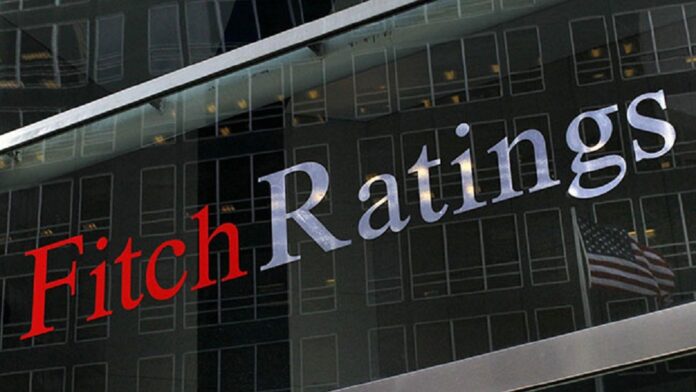Colombo (LNW): Despite the Ceylon Electricity Board’s (CEB) 150 per cent tariff increase, the board’s operational cash flow will be inadequate to meet its 2023 interest obligations, Fitch Ratings predicted.
A primary reason is the decrease in low-cost hydropower production during the year, a statement by Fitch said.
This reduction has forced the CEB to buy emergency power at elevated prices. Concurrently, as economic activities resume, energy demand has surged.
Although the CEB has sought an additional tariff rise to compensate for these expenses, approval is still pending.
Moreover, Fitch elevated CEB’s National Long-Term Rating and its senior unsecured debentures rating to ‘BB+(lka)’ from ‘B(lka)’, maintaining a stable outlook.
This decision follows the enhancement of the Long-Term Local-Currency Issuer Default Rating (IDR) for Sri Lanka on 28 September 2023.
Fitch clarified that CEB’s ratings, harmonised with Sri Lanka’s sovereign ratings, rely on the strong probability of state backing, given its status as a government-related entity.
It’s noteworthy that CEB holds a monopoly over Sri Lanka’s electricity transmission and distribution and is responsible for approximately 75 per cent of the nation’s power generation.
Read Fitch Ratings report: https://www.fitchratings.com/research/corporate-finance/fitch-upgrades-ceylon-electricity-board-to-bb-lka-outlook-stable-10-10-2023

